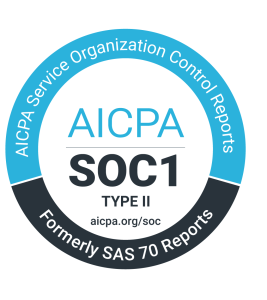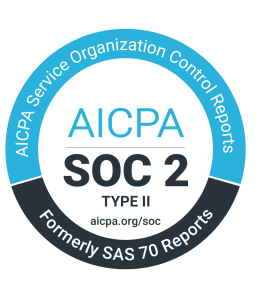
Colorado’s first adult-use cannabis delivery permit was issued earlier this year, marking a major shift in the state’s cannabis landscape. This means it’s a big moment for Colorado cannabis delivery.
For dispensaries hoping to take advantage of delivery as an additional revenue stream, this shift uncovered quite a few roadblocks. We’ve compiled insights from CEO of CannaHauler, Nicholson Medlock, to explain exactly what makes Colorado cannabis delivery so complex.
CannaHauler is a cannabis logistics platform headquartered in Denver, Colorado. They help automate B2B and B2C deliveries for cannabis operators by digitizing the METRC manifest, helping their customers reduce transportation costs, save on paper, maximize workflow efficiency, and improve security and data accuracy.
Ready to learn the ins and outs of cannabis delivery in Colorado? Let’s get started!
Why is Colorado Cannabis Delivery So Difficult?

Cannabis delivery is already a nuanced space that has a lot of moving parts, literally. When you add in the constantly changing cannabis regulations, finding the right tech stack is imperative to the success of your operation.
If you’ve been in business for a while, you might remember how frustrating it was to find POS software that worked for your needs. The legacy systems in use now work well for brick and mortar systems, but they’re not equipped to handle the intricacies of delivery.
Social Equity Partners
Some cities opting into the state delivery program are requiring social equity participation. Denver, for example, requires retailers to partner with a social equity business for 6 years to deliver cannabis.
Before businesses can start delivering, they have to find social equity pairings and then acquire their licenses. The result? A pesky lag between concept and action and a workflow that is new to cannabis delivery.
Social equity applicants need an easier path to get a business started. Additionally, many of these players are completely new to the cannabis industry and need time to educate themselves on the regulations and workflows of the cannabis industry.
As a result, big businesses trying to incorporate delivery won’t be able to start delivering right away.
Workflow Challenges from County to County for Colorado Cannabis Delivery

Cannabis delivery policies in Colorado vary from county to county and city to city. These restrictions make navigating the delivery market in Colorado tricky. You cannot deliver outside the city or county for which you’re licensed.
Colorado deliveries must also be made to a private residence. The state has special security stipulations for delivery vehicles, including the requirement of lockboxes and cameras. Additionally, customers aren’t allowed to see the driver’s location en route. While these security measures help keep both drivers and customers safe, they can be costly start-up expenses.
To deliver in Colorado, you need a state delivery permit as well as a permit for each city you plan to operate in.
The majority of Colorado legacy systems aren’t accustomed to these county regulations, California systems that deliver to counties with individual tax policies are used to adapting.
When selecting your tech stack, it’s important to evaluate the agility of your software provider. Choosing a POS that has specific delivery workflows will save you time performing workarounds for even the most simple tasks.
Why Change Now?
You’re going to need help navigating the transition to delivery, especially in the midst of rapidly changing regulations. That’s why you need technology that acts more as a business partner than just technology.
When you’re looking to pivot in business, sometimes you need to find a new partner who can support you through the transition and grow with you. If you’re adding delivery as a revenue stream, you’ve likely outgrown your current POS system. Now’s the time to re-evaluate your technology partners to ensure you have the support necessary to stay compliant while delivering cannabis in Colorado.



